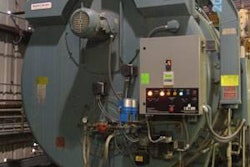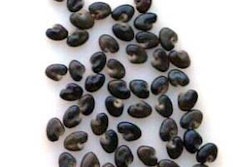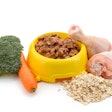Serbia is anticipating an increase in corn imports due to food safety concerns after an aflatoxin contamination in the country’s corn spread to its milk supply.
Serbia exported 2.3 million metric tons of the grain in 2011–2012, but the country’s exports are seen falling 83 percent year-on-year to 400,000 metric tons in 2012–2013, according to the U.S. Department of Agriculture. Imports are estimated to reach 50,000 metric tons in 2012–2013, up significantly from just 2,000 metric tons in 2011–2012. “The harvest left Serbia short of 250,000 metric tons of corn and it can either turn to imports or wait until wheat and barley harvest in June to mix that with corn for new fodder blends,” said Vukosav Sakovic, head of the corn producer association Zita Srbije. Corn production fell by 45 percent to 3.5 million metric tons due to drought and contamination by aflatoxins, said Sakovic.
A decision to start corn imports “sooner rather than later” will depend on global prices, according to Sakovic. Serbia needs around 330,000 tons of the grain each month, for human and animal consumption, or 3.96 million metric tons over a calendar year.
Spot corn traded at 22.20 dinars per kilogram, equivalent to US$260 per metric ton, on February 22, said Zarko Galetin, the head of the Serbian Commodity Exchange. It was 2.9 percent lower than the week of February 11’s average of 22.87 dinars.















